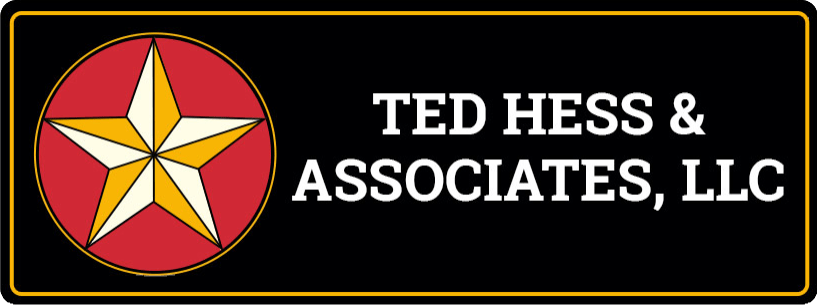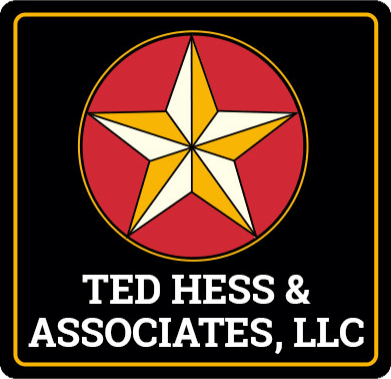Discussion Points for Punto Legal –August 14, 2019
1. Consular Processing.
For people fixing their papers at the U.S. Consulate at Juarez, I have unhappy news. The wait between the time your case is ready to go, that is, “documentarily qualified, and time of you interview has now gone to 11 months. This is unsatisfactory. You should complain to anyone who will listen. On September 4 at the library in Rifle, you can complain to Senator Bennet’s regional representative about your immigration delay. Believe it or not, this representative actually wants to hear your complaints. If you want more information, give us a call.
2.
New Public Charge Rule. On Monday, the Department of Homeland Security issued a final rule setting forth how USCIS will determine whether an immigrant is inadmissible based on the likelihood of becoming a public charge. We will be talking about this rule for several weeks because it is complicated. The new rule will also make a straightforward application to fix your papers in the United States more difficult and take longer. Make no mistake about it. This rule is simply another anti-immigrant measure taken by the Trump Administration to limit immigration. I have a copy of the regulation and I have read it. So if you have specific questions about the regulation, please call us.
Let’s start with a few general questions and answers.
Q. What applications are affected by the public charge rule?
A. This rule applies to applications to adjust your status, that is, fix your papers in the U.S. It does not apply yet to people fixing their papers at a consulate or embassy outside the U.S. It also does not apply to U visa applications or adjustment from a U visa to permanent resident.
Q. When does the final rule go into effect?
A. The final rule goes into effect on Oct. 15, 2019, and will only be applied to applications and petitions postmarked on or after Oct. 15, 2019. Applications and petitions postmarked before Oct.15, 2019, will be adjudicated under the prior policy.
Q. Which benefits are included in public charge inadmissibility determinations?
A. USCIS will only consider public benefits as listed in the rule:
1. Any federal, state, local, cash assistance
2. Supplemental Security Income (SSI)
3. Temporary Assistance for Needy Families (TANF)
4. Supplemental Nutrition Assistance Program (SNAP, or formerly called “Food Stamps”)
5. Federally funded Medicaid
Q. Which benefits are not considered in public charge determinations? USCIS also will not consider:
1. The receipt of Medicaid for the treatment of an emergency medical condition;
2. School-based services or benefits Medicaid benefits received by an immigrant under 21 years of age;
3. Medicaid benefits received by a woman during the 60-day period beginning on the last day of the pregnancy.
The final rule also clarifies that USCIS will only consider public benefits received directly by the applicant for the applicant’s own benefit. USCIS will also not attribute receipt of a public benefit by one or more members of the applicant’s household to the applicant, unless the applicant is also a listed beneficiary of the public benefit.
Q. What amount/duration of public assistance matters?
A. The final rule includes a single duration-based threshold for the receipt of public benefits as part of the definition of public charge. The final rule considers an alien a public charge if he or she receives public benefits for more than 12 months in the aggregate in any 36-month period, such that the receipt of two benefits in one month counts as two months.
Q. How will USCIS determine whether someone is likely at any time to become a public charge for admission or adjustment purposes?
A. when making a public charge inadmissibility determination, a USCIS officer must consider the applicant’s:
- Age;
- Health;
- Family status;
- Assets, resources, and financial status;
- Education and skills;
- Prospective immigration status;
- Sufficient Form I-864 Affidavit of Support.
Q. What factors weigh heavily in favor of a determination that someone is likely at any time to become a public charge?
A. The following factors will generally weigh heavily in favor of a finding that an immigrant is likely at any time to become a public charge:
- The immigrant is not a full-time student and is authorized to work but cannot show current employment, recent employment history, or a reasonable prospect of future employment.
- The immigrant has received, or has been certified or approved to receive, one or more public benefits for more than 12 months in the aggregate within any 36-month period, beginning no earlier than 36 months before the immigrant applied for admission or adjustment of status on or after Oct. 15, 2019.
- The immigrant has been diagnosed with a medical condition that is likely to require extensive medical treatment or institutionalization or that will interfere with his or her ability to provide for him or herself and he or she is uninsured and has neither the prospect of obtaining private health insurance nor the financial resources to pay for reasonably foreseeable medical costs related to a medical condition.
Q. What factors weigh heavily against a determination that someone is likely at any time to become a public charge?
A. The following factors would weigh heavily against a finding that an immigrant is likely to become a public charge:
- The immigrant has household income, assets, resources, and support from a sponsor, excluding any income from illegal activities or from public benefits, of at least 250% of the Federal Poverty Guidelines for his or her household size. Let’s say you have a household size of 4 including the intending immigrant. If the sponsor earns $62,750, this income would weigh heavily in favor of a finding of no public charge.
- The immigrant is authorized to work and is currently employed in a legal industry with an annual income of at least 250% of the Federal Poverty Guidelines for a household of his or her household size.
- The immigrant has private health insurance, so long as the immigrant does not receive subsidies in the form of premium tax credits under the Patient Protection and Affordable Care Act to pay for such health insurance.
Q. Is a public charge bond available?
A. In limited circumstances, an immigrant who wants to adjust their status may post a bond and obtain adjustment of status, despite being determined inadmissible on public charge grounds. The final rule sets the minimum bond amount at $8,100.






